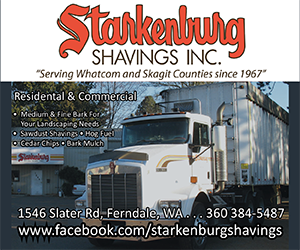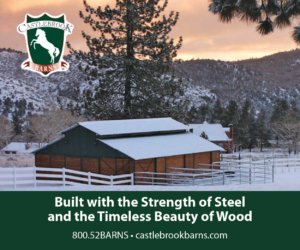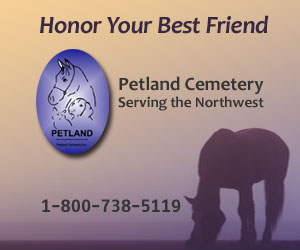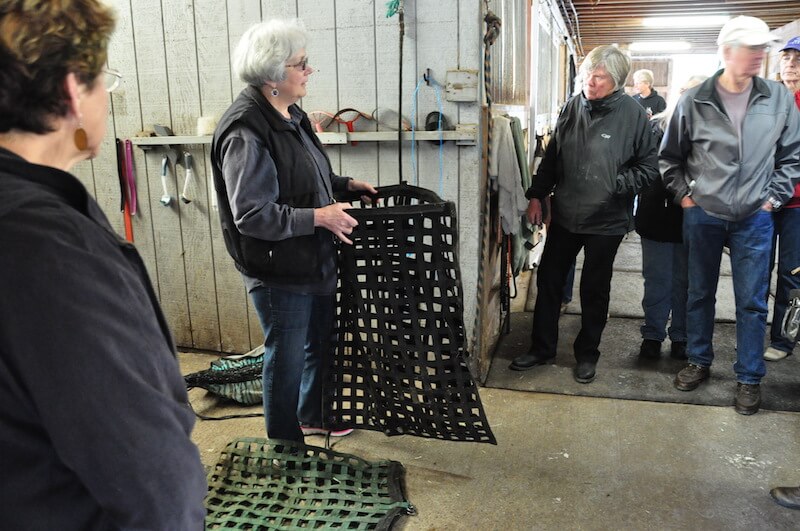Exploring Options
By Alayne Blickle
A lack of enrichment opportunities and boredom in horses can contribute to health issues such as weight gain, ulcers, stall vices (chewing, pawing, weaving, cribbing), fighting between horses, crabbiness under saddle, even colic. An increased exercise schedule, more turnout time, utilizing track paddocks, or even adding horse toys are all positive ways to enrich a horse’s life. Another idea is to try a slow feeder, a means to offer restricted yet free-choice forage for the horse.
Slow feeders are a novel approach to feeding horses in a limited manner so that they only get a small bite each time, thereby stretching out meal time. In my travels doing Horses for Clean Water work, I’ve seen a variety of approaches and talked with people who’ve implemented different types of slow feeder systems and are pleased with the results. There are a number of ways to approach this; I’ll cover a few here.
Horses are designed by nature to eat many small, frequent meals over the course of a day—all day long. Academic research shows us that, left on their own, horses eat 18+ hours per day. The easiest way to meet a domesticated horse’s need for continuous forage is to feed smaller, more frequent meals, thereby mimicking a horse’s natural behavior. Going to three or five feedings per day would be an improvement over the standard two feedings.
Another simple option is to leave out additional, lower quality hay (high in fiber and low in non-structural carbohydrates) for your horses to browse on during the day, thereby providing them with more “chew time.” A shortcoming to this approach is that horses often waste hay when they have a surplus or they quickly get overweight.
To beat the wasted hay/bored horse conundrum, different kinds of slow feeders can be made or purchased which will break up the monotony during the day and simulate a more natural feeding environment. Automatic feeders with slots for up to six (or more) feedings are a pricier but reliable way to do this. This kind of system gives the horse multiple small feedings over the course of a day (and night) which is closer to the lifestyle of their wild relatives on the plains.
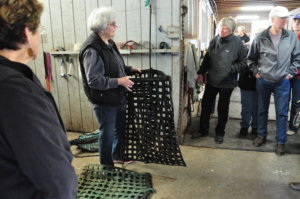
Another type of slow feeder comes in the hay net variety. This is basically a large hay net with small holes. Horses expend more effort pulling hay out from between the net’s holes, thus spending more time eating while consuming less. Different types of nets with different brand names are on the market; some are sold specifically as ways to slow a horse’s hay intake. I’ve also seen double bagged hay nets and even old hockey nets made into slow feeders that work well.
Slow feeder hay bags are also available which are large canvas hay bags with small holes. These probably don’t restrict the horse’s intake as substantially as other options, but they might offer a workable solution for some.
Different types of slow feeder bins are available—or you might be able to create something useful yourself. These are usually large wooden or hard plastic containers with a grate to hold down the hay. Horses have to pick carefully at the hay to get it out, only removing one small mouthful at a time. This means less waste and more time spent eating. Note: be extremely careful if your horse scrapes his teeth on metal or rough edges as this can promote damage to his teeth or soft tissues in his mouth.
Academic research shows us that smaller, more frequent meals are healthier for our horses since they encourage increased chewing time, smaller particle size, and increased salivation resulting in fewer overall health issues. If you have concerns about your horses being bored, or if they are experiencing any of the health issues mentioned earlier, you may want to investigate some type of slow feeder.
Peruse the Horses for Clean Water website for added new events—and check out Alayne’s Cowgirl Retreats at SweetPepperRanch.com.
NAMPA, ID
Horse Health and Land Management – Idaho Equine Hospital’s Client Education Series. Free! Held the second Wednesday evening per month in January and February, 6:30 – 8:30 PM, Pre-register at 208-466-4613
ONLINE:
Try an online course to help you get rid of mud, discover options for managing manure, and reduce chemical use! Start now to make winter less muddy and the coming summer more chore-efficient with productive pastures and less flies. $49 EARLY REGISTRATION BY 1/04/19; $80 LATE REGISTRATION. www.horsesforcleanwater.com/events/
CLACKAMAS COUNTY, OR
Location TBD
Saturday, February 23, 9 am – 3 pm
WORKSHOP: Mud and Manure and Bugs, oh my!! Free, lunch provided. 503-210-6002 or [email protected]
HILLSBORO, OR
Tualatin Soil and Water Conservation District Office
Sunday, February 24, 1 pm – 3 pm
WORKSHOP: Sustainable Horse Keeping: Pasture Management, Horse Health & Water Conservation FREE! www.tualatinswcd.org or 503-277-3709
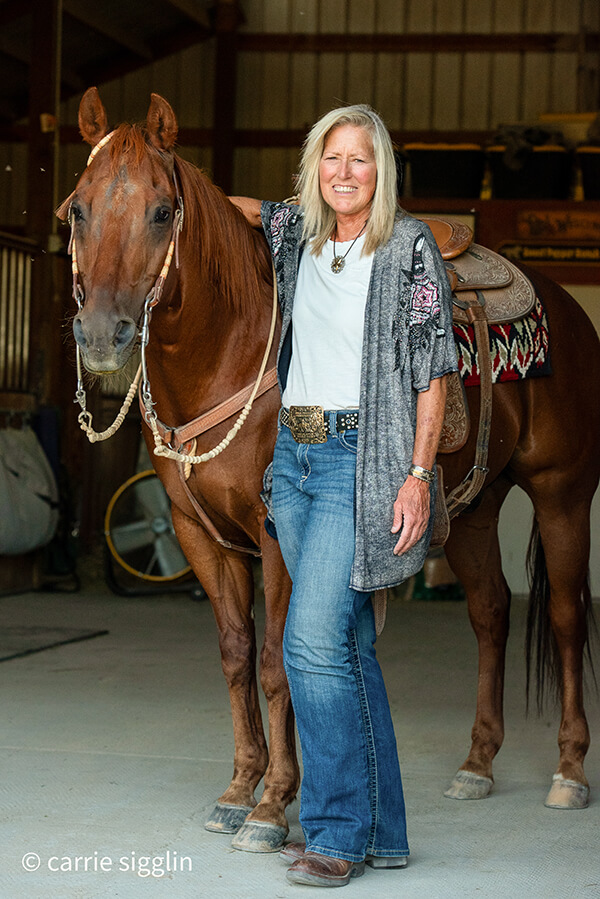
Alayne Blickle began in the 1990’s as a pioneer in water conservation and natural resources conservation by creating the entrepreneurial consulting business, Horses for Clean Water, an award-winning internationally acclaimed education program that looks for horse-healthy, nature-based solutions to land management challenges. She continues this work today partnering with agencies, organizations, and horse owners throughout North America and worldwide. She is a regularly contributing writer and photojournalist to several equine publications.
Alayne lives with her horse trainer husband, Matt Livengood, in southwestern Idaho where they raise and train AQHA horses and mustangs on their eco-friendly horse ranch. Contact her through the Horses for Clean Water website or through their ranch website Sweet Pepper Ranch.
For more information contact Alayne at [email protected] or 206-909-0225.


